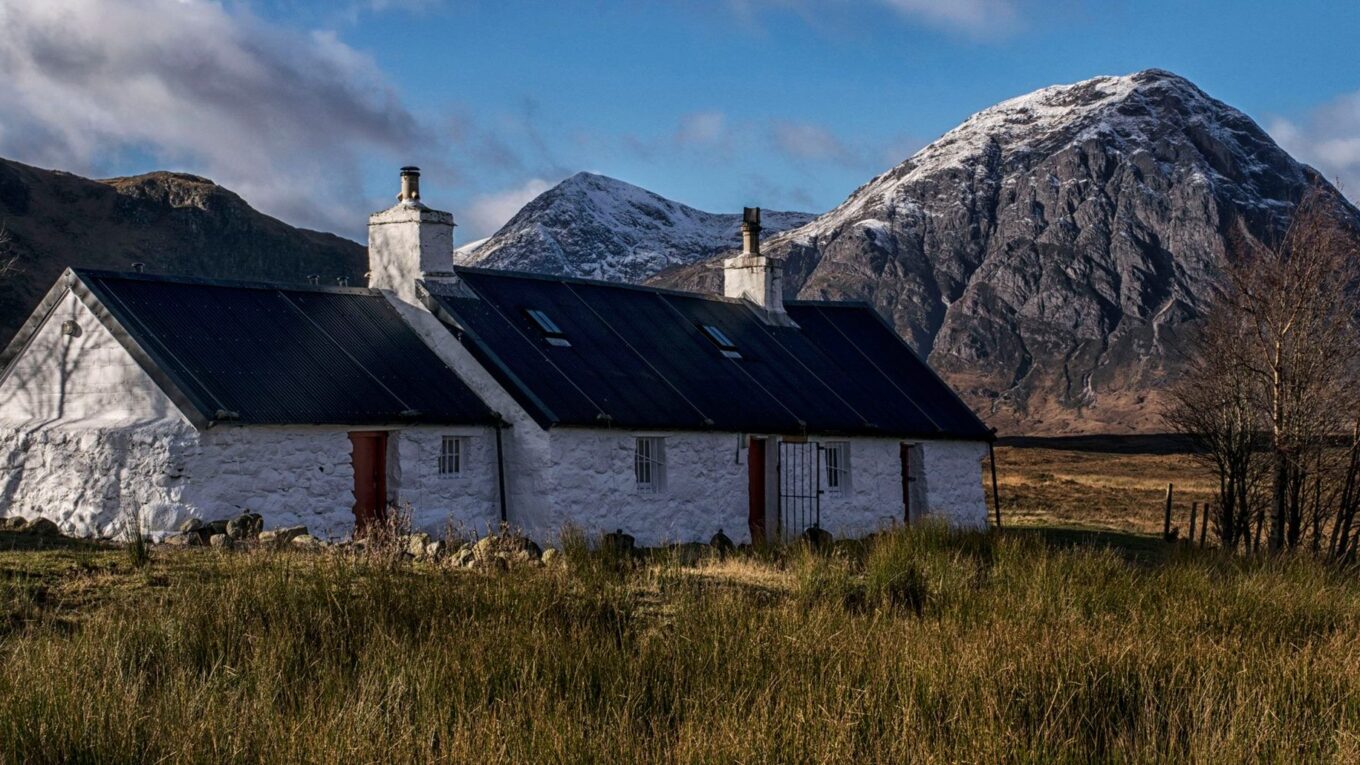Short-term lets – the case of mountaineering club huts
There has been much discussion in mountaineering club circles as to whether the operators of mountaineering club huts will need to apply for a short-term let (STL) license under the The Civic Government (Scotland) Act 1982 (Licensing of Short-term Lets) Order 2022. This blog is my assessment of the situation.
My summary assessment is that a club hut which meets the definition of a “hostel” and is not a dwellinghouse, is not a short-term let as it is a type of excluded accommodation under Article 3 (e) as defined in Schedule 1, paragraphs 1 and 3. of thre Order.
The STL Order defines STLs in Article 3 as follows:-
Definition of short-term let and short-term let licence
In this Order—
“short-term let” means the use of residential accommodation provided by a host in the course of business to a guest, where all of the following criteria are met—
(a) the guest does not use the accommodation as their only or principal home,
(b) the short-term let is entered into for commercial consideration,
(c) the guest is not—
(i) an immediate family member of the host,
(ii) sharing the accommodation with the host for the principal purpose of advancing the guest’s education as part of an arrangement made or approved by a school, college, or further or higher educational institution, or
(iii) an owner or part-owner of the accommodation,
(d) the accommodation is not provided for the principal purpose of facilitating the provision of work or services by the guest to the host or to another member of the host’s household,
(e) the accommodation is not excluded accommodation (see schedule 1), and
(f) the short-term let does not constitute an excluded tenancy (see schedule 1),“short-term let licence” means a licence granted for the activity designated in article 4
Most club huts will be “in the course of business” and will meet criteria (a), (b), (c), (d) and (f). Let’s deal then with criteria (e).
Criteria (e) is defined with reference to Schedule 1, paragraph 1 in which a number of types of accommodation are excluded from the STL definition including (d) – hostels. What is a hostel for the purposes of this legislation? You will find the definition in Schedule 1, Paragraph 3 where hostel is defined as follows:-
“hostel” means a building, other than a dwellinghouse, in which there is provided for persons generally or for any class or classes of persons—
(a) residential accommodation, and
(b) either or both—
(i) meals,
(ii) cooking facilities,
This appears to accurately define the characteristics of a mountaineering club hut (or any other recreational club hut such as cycling or canoe club huts).
But note that “hostel” is defined as above only if the building is not a dwellinghouse. So what is a dwellinghouse? There is a helpful definition in the Planning Guidance for short-term lets in Annex A.
In particular, the following is relevant
For the purposes of the 1997 Act, a single, self-contained set of premises can properly be regarded as being in use as a single dwellinghouse if it meets the following criteria:
• it comprises a unit of occupation, which can be regarded as a ‘planning unit’ separate from any other part of a building containing it;
• it is designed or adapted for residential purposes, containing the facilities for cooking, eating and sleeping normally associated with use as a dwellinghouse;
• it is used as a permanent or temporary dwelling by a single person, or by persons living together as, or like, a single family.
A number of club huts will be dwellinghouses on the basis of their outward appearance but if planning consent has been granted for club huts then they will have a planning status as something other than a dwellinghouse and this will be excluded accommodation in relation to the STL Order.
For other club huts which have been in existence since before the relevant planning act (usually the Town and Country Planning (Scotland)_ Act 1947), their use as a hut for more than 10 years excludes them from enforcement action for a change of use and thus their current use will be lawful and will not meet the definition of a dwellinghouse above.
For club huts that have been developed within the past 10 years, it is very unlikely that any did not secure planning consent and even if they did not, then they are not a dwellinghouse as defined by bullet point 3 (it is used as a permanent or temporary dwelling by a single person, or by persons living together as, or like, a single famil) and thus will meet the hostel definition.
If there are any situations that are unclear in relation to the above, my advice is not to apply for a license but to write to Scottish Ministers, raising concerns and explaining why you are not applying for a license. The legislation is going to be amended and if there are deficiencies in relation to club huts, this will be rectified in due course.
